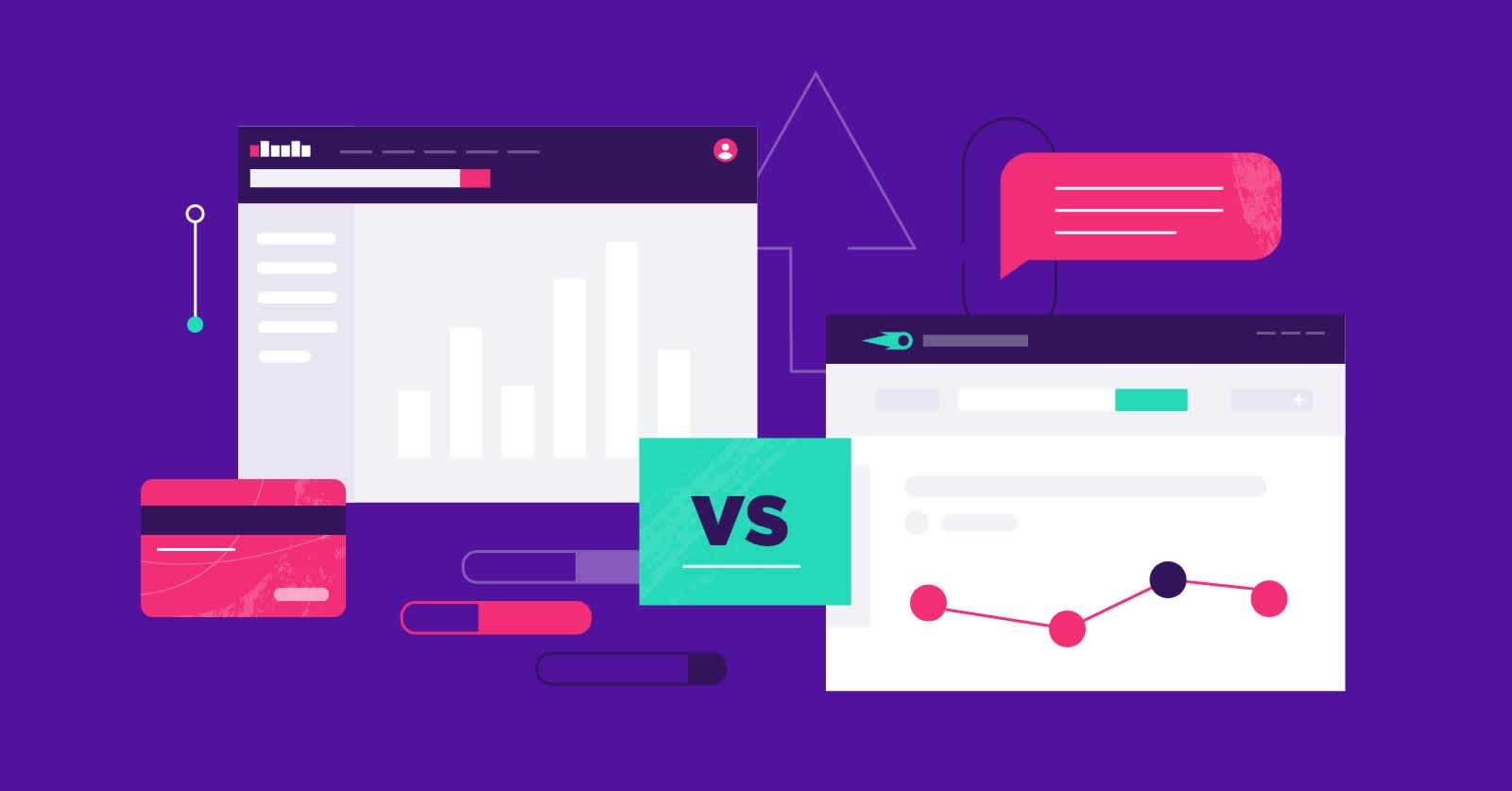Search Engine Optimization (SEO) is an integral part of any digital marketing strategy. As such, it's imperative to understand the various factors affecting a webpage's ranking on Search Engine Results Pages (SERPs). One of these key factors is the Google penalty system. This article aims to offer detailed insights into Google penalties, the reasons for their imposition, their impact, and how to recover from a penalty.
What Are Google Penalties?
Google, the world's largest search engine, has set down strict rules to maintain the quality and relevance of the content it presents to users. Violations of these rules result in a Google penalty, which negatively impacts a website's SERP rankings. Google penalties can be categorized into two primary types:
- Manual Penalties: Imposed directly by Google's webspam team upon reviewing a website.
- Algorithmic Penalties: Triggered automatically by Google's algorithms, like Penguin, Panda, or Hummingbird.
Understanding these penalties and the parameters that might invite them is crucial for webmasters and SEO professionals.
Reasons for Google Penalties
Google aims to create a user-friendly online environment, and its guidelines are established to support this intent. Some actions that could attract a Google Penalty include:
- Cloaking: Showing different content to search engines and users.
- Keyword Stuffing: Overuse of targeted keywords in content, URL, meta tags, etc.
- Link Schemes: Developing unnatural link profiles, including buying or selling links.
- Thin or Duplicate Content: Offering little or no original valuable information.
- Unnatural Uses of User-generated Content: Using such content for spammy practices, like link-building.
Running afoul of these guidelines can have severe consequences for a site's online visibility and reputation.
Impact of Google Penalties
Google penalties can drastically affect a website's performance on the internet. Here are some of the impacts:
- Reduced Rankings: The website may lose its higher rank on SERPs.
- Decline in Traffic: Lesser visibility might lead to a decrease in organic visits.
- Loss of Revenue: If the website is an online business, a decline in visitors can result in revenue loss.
Understanding the impact of penalties is crucial to prioritize their resolution and maintain a healthy online presence.
Identifying Google Penalties
To manage and resolve penalties, it is first necessary to identify them. Google communicates manual penalties to webmasters via Google Search Console messages. Additionally, if there is a sudden drop in organic traffic or SERP rank, it might suggest an algorithmic penalty. SEOs should also regularly check metrics like pageviews, bounce rates, and conversion rates to spot any discrepancies.
Recovery From Google Penalties
Recovering from a Google penalty requires a strategic and systematic approach. Here's a step-by-step guide for it:
- Identifying the Penalty: Use Google Search Console or Webmaster Tools to get details about the penalty.
- Find the Root Cause: Analyze the website thoroughly to pinpoint the violation.
- Fix the Issues: Take corrective actions to resolve the identified problems.
- Request Reconsideration: Once all issues have been fixed, file a reconsideration request with Google.
Final Thoughts on Google Penalties: Prevention is the Best Cure
While understanding and implementing recovery steps is crucial in case of a penalty, preventing the penalty in the first place is a far better strategy. Websites must adhere to Google's guidelines and maintain credible SEO practices. A regular audit of the website for issues like spammy links or duplicate content can go a long way in preventing a penalty.
In conclusion, Google penalties are a significant aspect of SEO, with substantial implications for a website's performance. A sound understanding of these penalties, their causes, impacts, identification, and recovery can help navigate the dynamic landscape of SEO and secure a strong online presence.
Frequently Asked Questions about Google Penalties
How do I know if my website has been penalized by Google?
You can ascertain whether your website has been penalized by Google by checking your Google Search Console. If a manual action has been taken against your site, you will receive a notification in the console. Additionally, drastic drops in your organic search traffic, devaluation in keyword rankings, and sudden decrease in page indexing might also be signs of a Google penalty.
Are there different types of Google penalties?
Yes, Google penalties can be broadly categorized into two types – manual actions and algorithmic penalties. Manual actions are either site-wide penalties, affecting your entire website, or partial matches, affecting individual pages. Algorithmic penalties are automated and triggered by updates to Google's ranking algorithms, such as Panda, Penguin, and Hummingbird.
How can I recover from a Google penalty?
The recovery process from a Google penalty depends on the type of penalty your website has received. If it's a manual action, Google provides instructions in your Search Console detailing how to correct the violations. For algorithmic penalties, a comprehensive site audit and corrections based on Google's guidelines are required. Regularly monitoring your website's performance and proactively removing any potential issues can also help in the recovery process.
Is it possible to avoid Google penalties?
Avoiding Google penalties can be achieved by adhering to Google's Webmaster Guidelines. These guidelines offer best practices regarding SEO, site design, and content creation. Ensuring your website is filled with high-quality, original content, and deploying legitimate link-building strategies can help you avoid penalties.
What is a manual penalty from Google?
A manual penalty from Google is a punitive action taken when a human reviewer from Google determines that pages on a site are not compliant with Google's webmaster quality guidelines. These penalties can be site-wide, meaning they impact the entire website, or can be partial, affecting only some pages.
How long does a Google penalty last?
The duration of a Google penalty largely depends on the severity of the violation and the speed at which you rectify the issues. Manual penalties remain until Google verifies that the issues have been resolved, which may be done only after you have submitted a reconsideration request. Algorithmic penalties, on the other hand, may require updates to the algorithm to acknowledge the corrections made.
How can I check for potential Google penalty triggers on my website?
Utilize tools like Google Search Console and Google Analytics to monitor your website regularly. These tools can help you identify potential problems such as sudden traffic drops, crawling issues, and increase in 404 errors. Regular site audits can also help you maintain your site's health and prevent penalties.
Can I file a reconsideration request to Google?
Yes, if you have received a manual penalty, once you have rectified the issues, you can file a reconsideration request via Google Search Console. In this request, you explain the remedial actions taken to clean up your site. Google's team will then review your request and decide if the penalty can be revoked.
Pros of Google Penalties
Aligned User Experience and Quality Content
Authentic Content Promotion
Google penalties can be seen as the company’s efforts in promoting authentic content. Quality, original content that offers true value to its users is rewarded while subpar content is penalized. This eliminates plagiarism, duplicate content and motivates website owners to provide fresh, unique and valuable content.
Better User Experience
A major advantage of Google penalties is that it ensures a better user experience. Google’s algorithms prioritize quality content and a good user experience. With the penalty system in place web designers, content curators, and strategists are encouraged to create websites with ease of navigation, fast page loading speed, mobile optimization, and user-focused design.
SEO Industry Standards and Fairness
Regulation of SEO Industry
Google penalties help to define and regulate the SEO industry standards. Websites that do not adopt the proper SEO techniques are penalized, ensuring that businesses must invest in good SEO practices to aim for high ranks.
Ensuring Fairness
Penalties are levied on websites that use unethical tactics to get a higher ranking. This practice of levying penalties ensures fairness in organic search rankings and fosters a sense of competition among websites to maintain high-quality standards.
Cons of Google Penalties
Impact on Traffic and Rankings
Sudden Traffic Drops
An immediate and stark disadvantage of Google Penalties is that they can cause sudden traffic drops. When a website is hit with a Google penalty, it may lose its position in the search rankings, resulting in a drastic decrease in website traffic.
Effect on Website's Reputation
Besides the loss in traffic, there is a chance the penalties might impact the reputation of the website. Regular visitors who can't find the content they are accustomed to might leave and might not return, causing further long-term traffic loss.
Complex Recovery
Time-Intensive Recovery Process
Once penalized, it is not easy for a website to recover its original ranking. The process can be long and arduous, and results are not guaranteed. It could take months of hard work to get back to the previous position.
Difficulties in Identifying Penalties
Detecting a Google Penalty can be a complex task. If the drop in traffic is due to a Google algorithm update, it's often hard to identify what you did wrong and how to fix it.
Financial Impact
Loss in Revenue
Google penalties- particularly those severe enough to delist your website from search results- can result in severe loss of online revenue. Businesses that rely heavily on their online presence may be hit hard.
Unclear Google Algorithms
Constant Changes
Google updates its algorithms several times per year, and every update has the potential to bring new penalties. These changes can be hard to keep up with and lead to unexpected penalties.
Lack of Transparency
The specific details of how Google's algoirthms work are not publicly available, which can lead to allegations of lack of transparency. It can be challenging to work out exact reasons why a site has been penalized.
Summary
Google penalties can hugely affect the ranking and online visibility of a website. They are handed out for violations against Google's guidelines and are part of the search engine's attempts to maintain a fair and honest online environment. These can be either manual actions given by Google's review team or automatic ones inflicted by its algorithms. Keeping a website clean and compliant with Google's expectations is therefore key to avoid such penalties.
The process of recovering from Google penalties can be quite tedious and time-consuming. Typically, it involves identifying the issue, fixing it, and then submitting a reconsideration request to Google. But remember, prevention is always better than cure. Regular site audits, careful link building, and producing quality content that users genuinely find value in can effectively keep these penalties at bay.
One understanding that should be highlighted from all this is that Google penalties aren't just designed to punish, but they are also there to guide website owners in creating a better, more user-friendly internet universe. Google, as a company, values authenticity, quality and user experience above all else, so keep these in mind and your journey with the search engine should be smooth sailing, devoid of any penalties.
About WebPerfex
WebPerfex is a fun-loving and local team of web design and digital marketing superstars, based in the heart of Sacramento, CA. We take pride in enhancing your online presence and driving real results ‒ all whilst creating killer designs that embody your brand. Down-to-earth, dedicated, and always ready to go that extra mile, we’re not just your average agency. We’re a team who loves bringing a splash of creativity to this tech-filled world. Online success is an art, and lucky for you, it’s one we know inside out.




